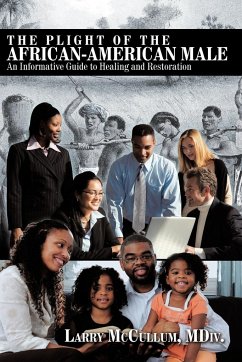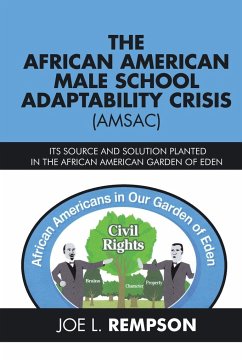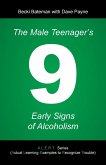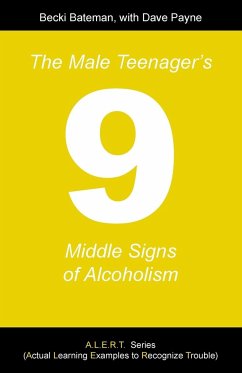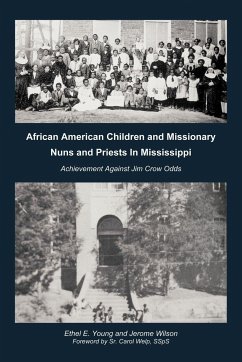This book addresses the internal and external forces that work to prevent the African-American male from fully engaging positively in society. It addresses, openly, sensitive issues that are surely discussed privately within the confines of our (African-American, Hispanic, Caucasian, etc.) homes. The hope is that this book will help to create a space for dialogue, as it is my belief that if we talk openly and honestly about these issues, without fear of reprisal or retaliation, we will begin to create pathways that lead to healing not just fixing socio-cultural pathologies. I attempt to present methods and life events that will help the reader to deconstruct destructive social constructs that prevade society, with the hope that re-construction toward positive social behaviors that work for the common good will begin to take place in the reader's life. This book begins with a lay approach to addressing issues that work to divide and defeat and that work to the demise of the African-American male, his family and community. It journeys much of my life in rural Mississippi as a means for illustrating the impact of these issues on the psychological, behavioral and relational capacity of the African-American male; then transitions to an educational and academic approach to identifying, analyzing, addressing and overcoming these issues. Subsequently, it addresses, first-hand, internal forces that work against the African-American male in being positive contributors to family in particular and to his community at large, such as our attitudes towards sexuality and gender identity-based cultures. Lastly, it examines the role and effectiveness of the African-American church as an instrument of healing, as spirituality is central to the African-American community. This is a book for everyone. Please approach it with an open mind and you will experience increasing liberation with each page that you read.

